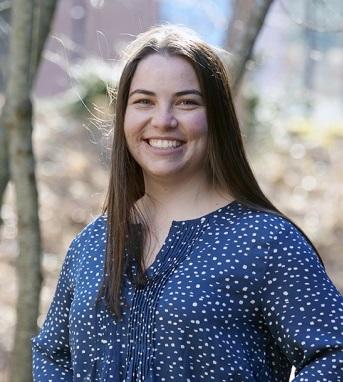How to Write a Research Grant Proposal

I learned a lot about writing a proposal for a research grant when I applied for a Summer Undergraduate Research Fellowship (SURF), and there’s a lot I wish I knew before I started. Since writing my first proposal a year ago, I have written two more and want to share some do’s and don’ts that I learned along the way. While my research focus is drug discovery for triple negative breast cancer, these tips can be applied to proposal writing in any field.
Do’s:
Set up a plan.
Consider how much literature you have to review and how long it will take you to write each section. This is different for everyone so it’s important to know what days you will be reading sources and what days you will be doing the actual writing. Organization is key. I set aside about 5-7 days to read the literature and make sure I understood it before I started writing. This helped with the writing because I was confident in what I was saying.
Ask for help finding literature.
Asking for help is very important if this is your first time being involved in research. The first time I applied for a Summer Undergraduate Research Fellowship, I didn’t have any experience in the field. I wasn’t completely sure what I was looking for, but my mentor was able to point me in the right direction by sending me a couple scientific articles. From those, I went through their citations and learned how to conduct relevant literature searches.
Read the literature.
Take notes not just on the topic of discussion but notice how they write and organize their ideas. This will help you with the proposal and any reports you may write later. Scholarly writing varies between fields so it’s helpful to recognize the style in which published articles in your field have been written.
Leave enough time to send drafts back and forth with your mentor.
Your mentor can help you revise and edit your writing, but they are also very busy people. You’ll both need time to read through your proposal multiple times and address any edits. My mentor and I went through at least five drafts before submitting my final proposal, and I think my application was better because of this.
Don’ts:
Don’t wait until the last minute.
Writing a full research proposal in just a couple weeks is stressful. I decided to apply for my first SURF exactly two weeks before the deadline, so I didn’t even have the option to procrastinate. To have a strong application, you need to have a well-written proposal, and your writing will be better the more time you spend on revisions with your mentor. Although my first SURF application was successful, I definitely do not suggest procrastinating in any way. For the subsequent proposals I have written, I spent multiple months working on each, so I was significantly less stressed and had much more confidence in my applications.
Don’t feel discouraged if you don’t yet understand most of what is written in the literature you read.
The point of the undergraduate research experience is to learn. The first scientific article I read before writing my own proposal went into great detail about the cellular pathways involved and discussed the specifics of a lot of experiments of which I knew nothing about. I have since spent a lot of time on my research and a year has passed since I read that paper for the first time. When I reread it this past February to prepare for my second SURF proposal, I realized I understood nearly all of it. Part of the grant application is making it known that you genuinely want to learn more about this topic. You’ll learn all the details as you work through your research and take more classes in your discipline.
Don’t edit and revise without any help.
Your mentor is a great resource, but also ask friends. The proposal should be written in a way that someone outside of your field can understand it, because the committee that will review your application is comprised of faculty members whose expertise may not be in your field. Ask a friend in the same field, and one from outside the field. For example, one of my roommates is also a biochemistry, molecular, and cellular biology major so I asked her to read it. I didn’t have time to ask another friend to read my first SURF proposal, but for my second application I had my friend who is majoring in communications review it. She was able to give me insight on how well I explained certain topics and procedures. The Hamel Center also offers resources for help with the application through proposal writing workshops, which are held during fall and spring semesters ahead of their application deadlines.